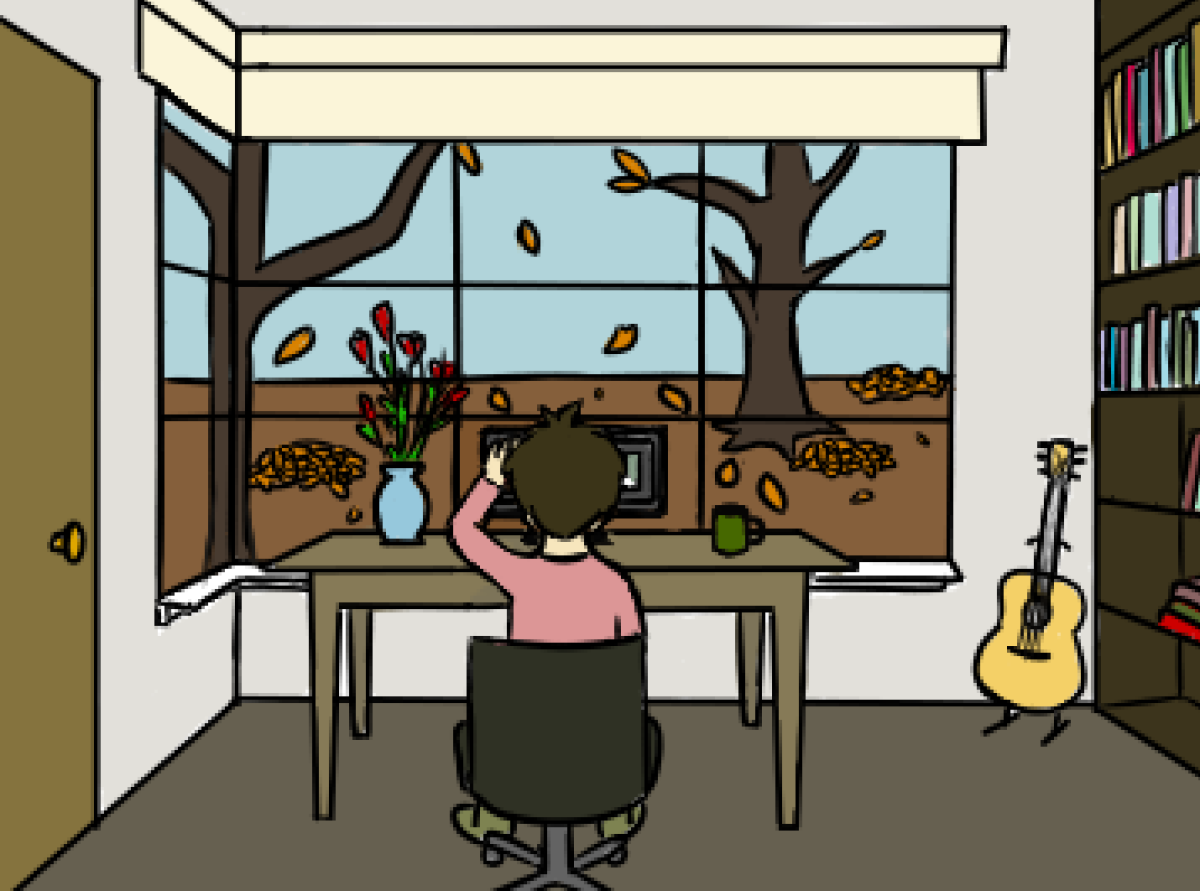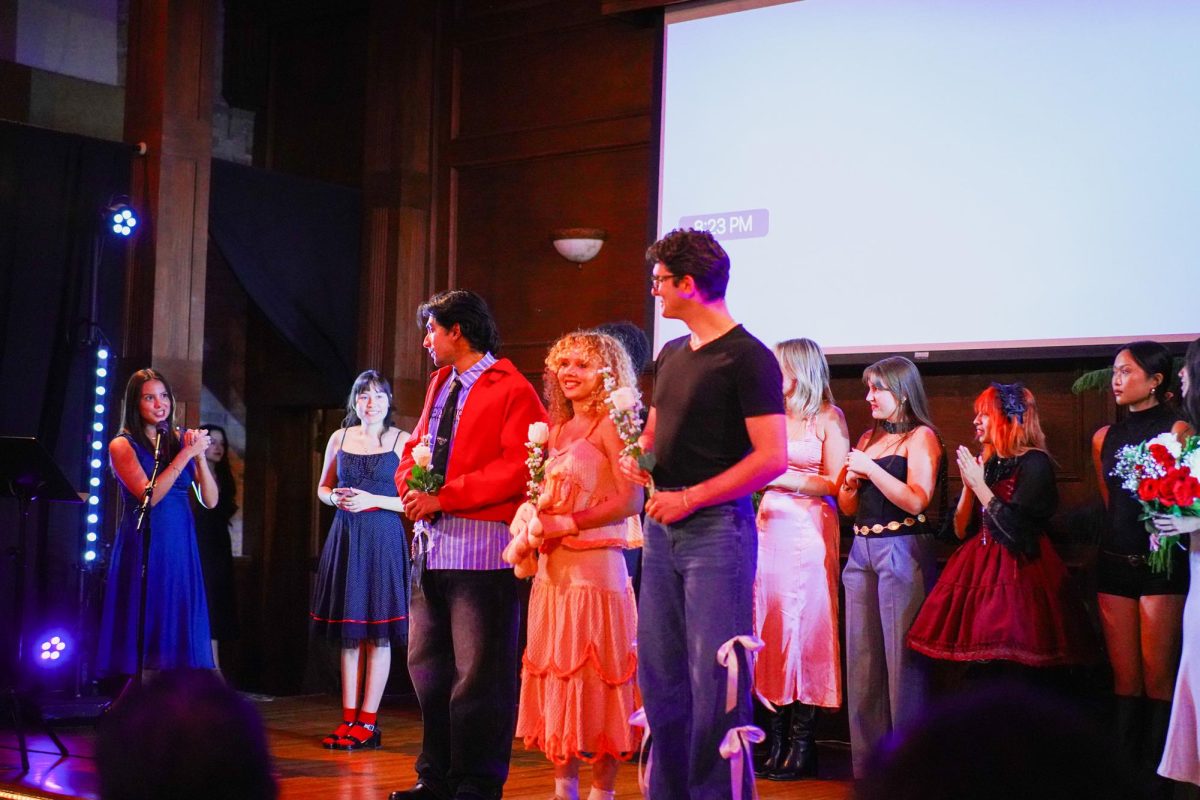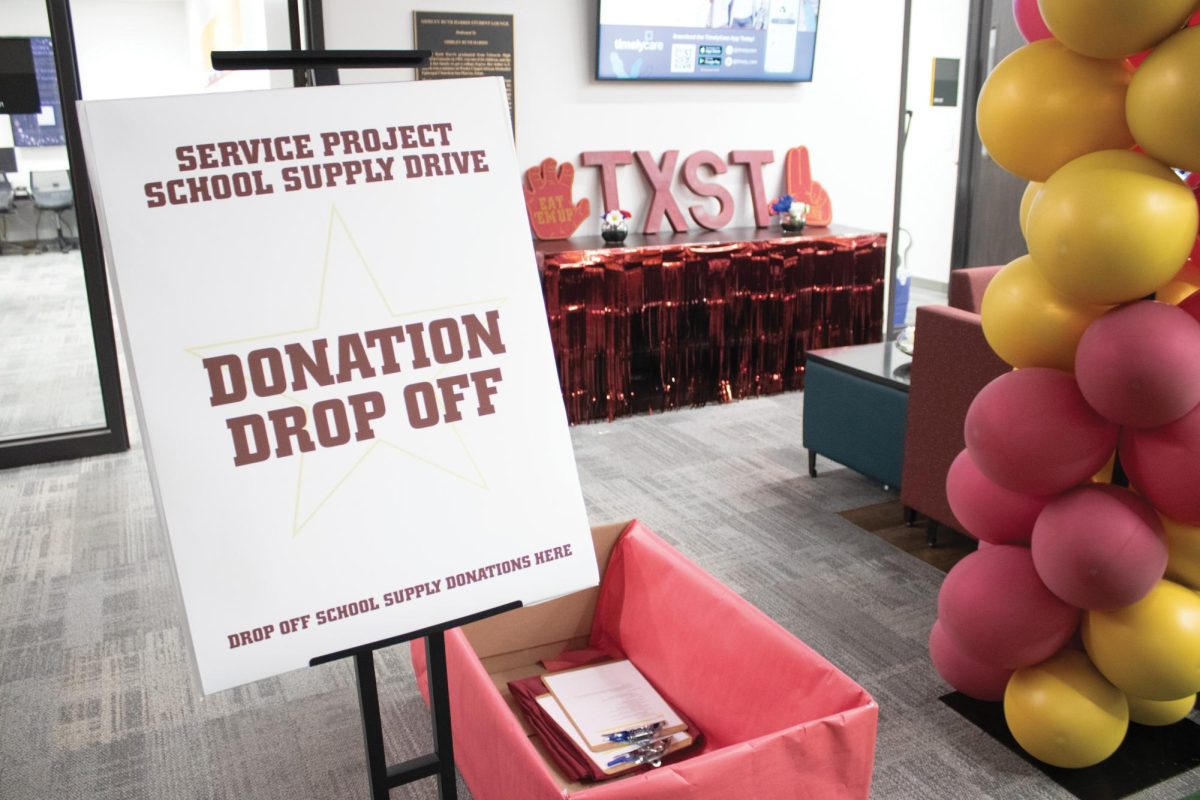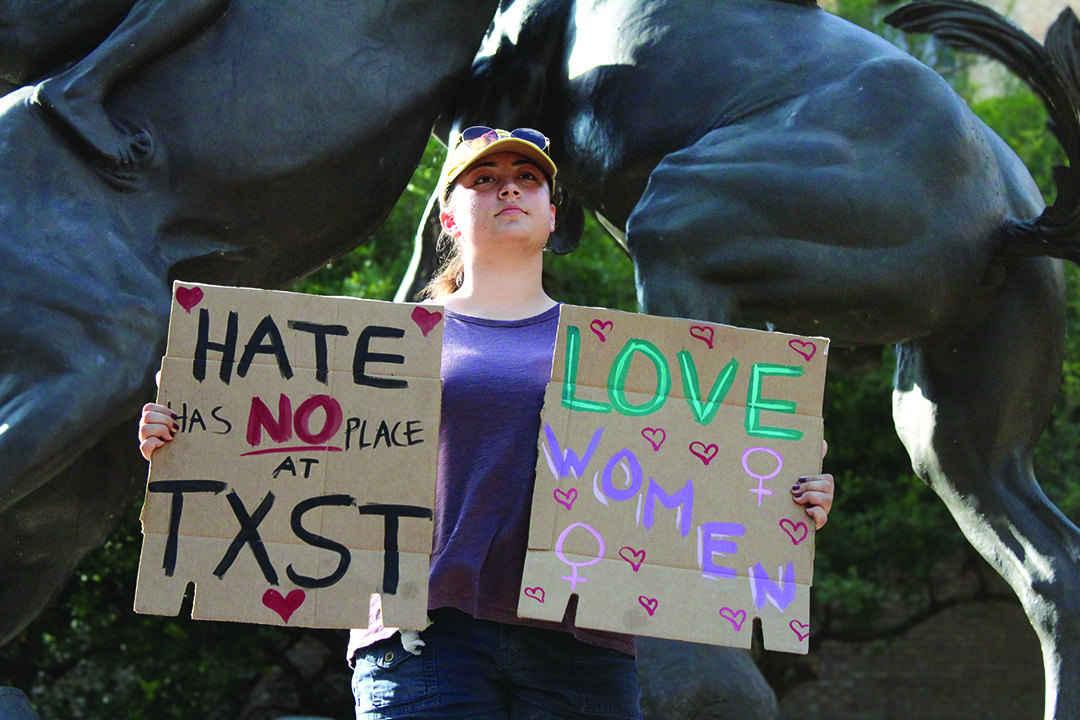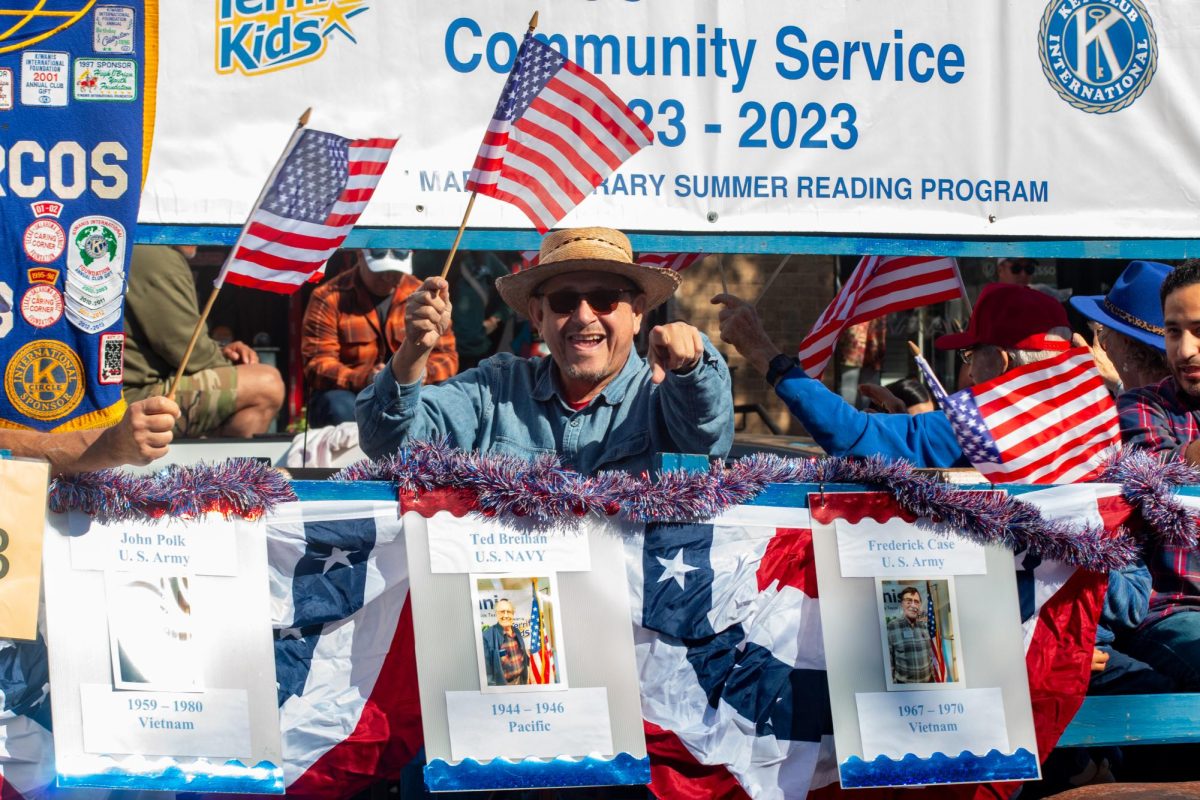Prior to March, when students imagined holiday celebrations, monitoring virus cases and having to wear masks at family gatherings was not what they, or their loved ones, envisioned.
For college students who experienced a fall semester more draining and stressful than those of the past, the usual excitement that comes with going home for the holidays is now paired with worry and hesitation.
The COVID-19 pandemic is complicating plans and compromising the traditions of some students who have to decide between staying put in a lonely college town or returning to their families for the holidays, potentially risking the spread of COVID-19 to their loved ones.
Students like Jayla Arije, a computer science sophomore, have closely monitored COVID-19 cases in San Marcos and their hometowns in recent weeks.
Arije, who returned to her hometown of Houston for Thanksgiving break, says her family usually hosts large gatherings for the holidays but had to adjust their plans due to social distancing protocols and the Center for Disease Control and Prevention (CDC) recommendations for holiday celebrations.
“Normally, we would have a big celebration at the house and invite family [and] friends over,” Arije said. “But due to COVID, we [didn’t] have a big celebration. It [was] just the people that live in the house, and we [cooked] a small little dinner.”
In a message to the Texas State community, Dr. Emilio Carranco, Texas State’s chief medical officer, urged students to take precautions before returning home for the holidays. The recommendations included wearing a mask at gatherings and getting tested before and after the Thanksgiving holiday.
Arije plans to return to campus for final exams and go back home for winter break. She hopes other students will take the virus seriously during these times to ensure the safety of everyone.
Natalie Panella, a health sciences senior, did not return to her hometown of Arlington, Texas, for Thanksgiving so she could finish her last week working at a plasma center in San Marcos. However, she plans to return home to celebrate Christmas with her family—and keep her circle small along the way.
“My dad is the one who wants to do all the big things with the family because he has all this family through my stepmom,” Panella said. “But my mom doesn’t have a lot of extended family, and I’m mostly with her, so I don’t think much will be affected by [social distancing rules].”
Panella says she thinks students going home should get tested and isolate before returning to campus to avoid causing any outbreaks or scares.
Kaitlyn Gonzales, an exercise sports senior, also believes students should get tested before spending time with family. Gonzales returned to her hometown of Odessa, Texas, for Thanksgiving break and plans to do the same for winter break.
She and her family have been closely monitoring cases in San Marcos and Odessa. While she is used to having large Thanksgiving meals with different members of her family, she had a meal with fewer people this year.
“Usually, I always have three Thanksgivings because my parents are divorced,” Gonzales said. “So I go to my mom’s mom for lunch, and then after lunch, I go to my stepdad’s parents. And for dinner, I go to my dad’s parents, but because of [COVID-19], my mom’s mom is not coming to Odessa.”
For students like Arije, Panella and Gonzales, making the trip back home for the holidays in a car ride was not a tough decision to make; however, for some out-of-state students, the decision is more difficult and involves a lot more planning.
Political science sophomore Ibidolapo Orotunde is from Lagos, Nigeria, and has family in Atlanta where she usually stays for long breaks.
However, for shorter breaks like Thanksgiving, Orotunde’s family spends time in Conroe, Texas. Orotunde says she has had to be especially cautious about planning to go home and even considered staying in San Marcos since her roommates were also staying.
“I had to be really careful about coming home because I have nephews and kids that live in the same house, and we don’t want to expose them to the virus,” Orotunde said. “And also older people that I don’t [want to expose]. I had to be really careful, like over this past week, two weeks, because I was trying to determine whether or not I was gonna come home.”
Orotunde says she hopes to return to Atlanta to see the rest of her family and celebrate Christmas with them. She hopes others will recognize the importance of keeping one another safe so those who want to travel to see their loved ones can do so with minimal risk.
“I’ve heard people say they’re in their 20s, and they don’t want to waste it in quarantine, but like, your 20s [are] somebody else’s 80s,” Orotunde said. “And you don’t want to be the cause of someone else’s death. You don’t want to be the cause of somebody else’s demise. So let’s keep other people in consideration.”
To find out more on how to stay safe during the holiday season, read the Student Health Center’s COVID-19 Safer Social Gatherings Tips or visit the CDC’s website to see its recommendations for safe holiday gatherings.
Categories:
Students plan for unconventional holiday season
Sarah Hernandez, Assistant Life and Arts Editor
December 1, 2020
0
Donate to The University Star
Your donation will support the student journalists of Texas State University. Your contribution will allow us to purchase equipment and cover our annual website hosting costs.
More to Discover


